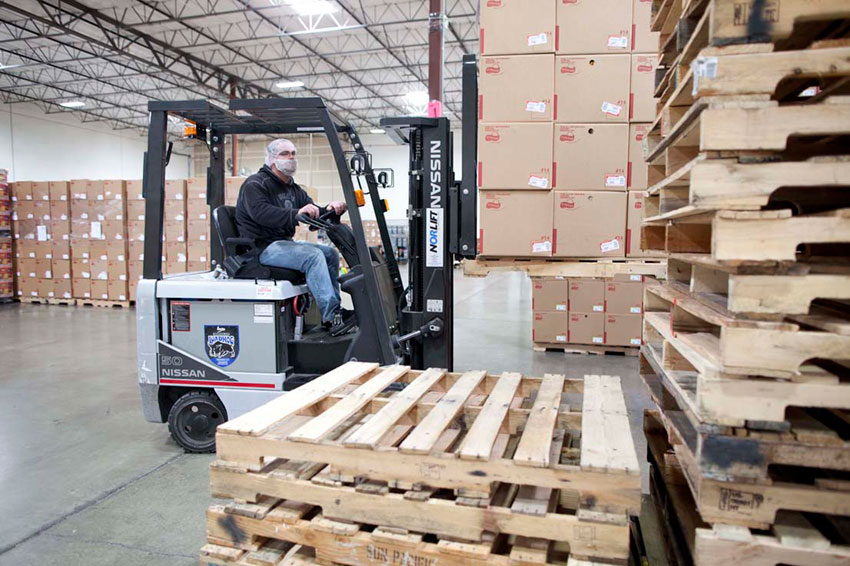The United States has a large minority population that is its most overlooked and under-leveraged workforce: people with disabilities. People with disabilities have an unemployment rate twice that of people without disabilities, according to the Bureau of Labor Statistics, and just one-third of people with disabilities participate in the workforce, as compared to three-quarters of people without disabilities.
This despite the fact that there is a strong business case for employing people with disabilities – including reduced costs, increased productivity, and reduced employee turnover. Based on the above figures, about 6.4 million jobs will need to be filled by people with disabilities in order to close the existing employment gap between people with disabilities and people without disabilities. At DePaul Industries, our social enterprise approach (known as alternative staffing) utilizes the commercial staffing model to help people with disabilities find jobs.
This year, our staffing business is on track for $24 million in sales, and more than 300 of our employees will go on to find permanent work with our customers, an important metric that we use to help measure our impact. DePaul’s focus is on changing the employment landscape for people with disabilities; other alternative staffing organizations focus on different barriers to employment, such as a criminal record, a lack of stable housing and/or homelessness.
Annually, American and Canadian alternative staffing organizations employ 25,000 people and exceed $100 million in sales, according to the Alternative Staffing Alliance. While this may be a good start, it’s only a start. This model has such great potential for sweeping change that DePaul Industries is looking to expand the model nationwide with a staffing network to help individuals with barriers to employment gain jobs: PurposeSTAFF. The strength of the alternative staffing model is that it is demand-driven and beneficial for both parties, without sacrificing quality for either.
Businesses hire alternative staffing organizations because they provide qualified, reliable employees – not to fill a diversity quota. But with an increased emphasis on corporate social responsibility, some companies do find the social mission to be a unique selling point. The social benefit is that people who face high barriers to employment are connected to jobs. The experience and job skills many employees learn while working for a staffing firm will help them to earn permanent, higher-paying jobs, whether with customers or elsewhere.
Alternative staffing organizations are no different than other social enterprises in the search for balance between business and mission. At DePaul Industries, the concept we’ve found that works best is 51% money versus 49% mission. We can’t achieve our social mission if we don’t have the revenue and solid financial footing to sustain it, but mission remains the foundation and guiding principal for the organization.
Legal structure also varies for alternative staffing organizations: whether to organize as a nonprofit, for-profit, or a hybrid of the two. The benefit corporation legislation now passed in 20 states and the District of Columbia is a viable and welcome option, as a benefit corporation must prioritize both a positive impact on society and profit. In January, DePaul Industries registered PurposeSTAFF as an Oregon benefit company, whose bylaws contain our mission of employing people with disabilities, and it is now a Certified B Corporation.
Alternative staffing is just one example of a social enterprise approach that brings about real change, and I’ll be speaking about it during an intensive session at the Social Enterprise Alliance Summit 14 in Nashville April 13-16.
Diverse organizations around the United States are using the power of business and the marketplace for the common good, and the Summit will bring these social enterprise leaders together to connect, collaborate and learn. I hope to see you there.
This post was written by Dave Shaffer, President and CEO of DePaul Industries, an integrated social enterprise providing employment opportunities for people with disabilities. Shaffer will be speaking on two panels, one on alternative staffing and one on accessing capital, at the Social Enterprise Alliance Summit ’14 in Nashville April 13-16.




































